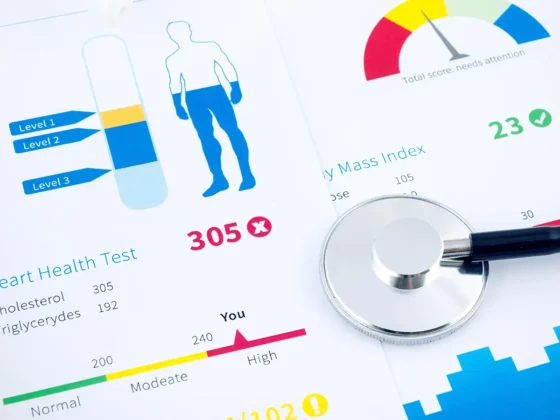Constipation is a frequent condition that affects people as they age, take certain medication, or don’t eat enough fiber. Diagnosis and classification of constipation’s probable causes can occasionally be accomplished only through a medical history and physical examination. However, further testing, including blood tests, a colonoscopy, or imaging scans, may be required in certain circumstances. Moreover, persistent constipation treatment often begins with dietary and lifestyle adjustments designed to boost the rate at which stool travels through your intestines. If those modifications are ineffective, your best GI doctors can suggest medications or surgery.
Understanding constipation

Constipation affects around 15% of the population in the United States. Constipation occurs when your stools are difficult to pass, you do not feel like you pass all of your stool, or you go four or more days without bowel movements. Constipation might cause you to feel bloated or uncomfortable all of the time. Constipation can be caused by an underlying ailment or problem, such as an underactive thyroid gland, a neurological disorder, pharmaceutical usage, dehydration, or, more severely, intestinal blockage or colorectal cancer.
What does constipation feel like?
Constipation can occur due to one or more breaks in the usual mechanism via which stool is discharged. Examples are slow-moving stools, firm stools, or problems with the muscles and nerves required to pass a bowel movement. As a result, constipation might “feel” like various other ailments. Here are several examples:
- Feeling of fullness in the stomach or pelvic region.
- Bowel congestion.
- Sensation as though excrement is still in the rectum but cannot pass.
- Discomfort or heaviness in the stomach and abdominal areas.
- Achy sensation in the back.
It might be difficult to tell the difference between stomach and intestinal pain. Cramping or bloating in your intestines that pulls upward on your stomach may occur. As a result, you may have stomach pain while the source of your constipation is in your intestines.
How can magnesium citrate be used to relieve constipation?

You can sometimes use over-the-counter drugs or supplements like magnesium citrate to alleviate occasional constipation. Magnesium citrate is an osmotic laxative that helps relax your bowel and enhances water absorption. The water softens and bulks up your stools, making it simpler to pass. Magnesium citrate is a mild mineral. It should not create urgency or emergency toilet excursions unless you take too much of it. It is accessible at most drug stores and does not require a prescription. Also, your doctor may prescribe magnesium citrate to assist you in preparing for some medical procedures, such as colonoscopies.
Whether temporary or chronic, constipation is an unpleasant occurrence with symptoms that do not always appear where and when you expect them to. Fortunately, most cases of constipation may be resolved at home with self-care procedures. Call a doctor if your symptoms persist or if you encounter discomfort or bleeding.
If you have less than three bowel movements per week, bowel movement problems, or other discomforts, you should consult a doctor. Call GastroDoxs PLLC or schedule a consultation to learn more about constipation therapies.


